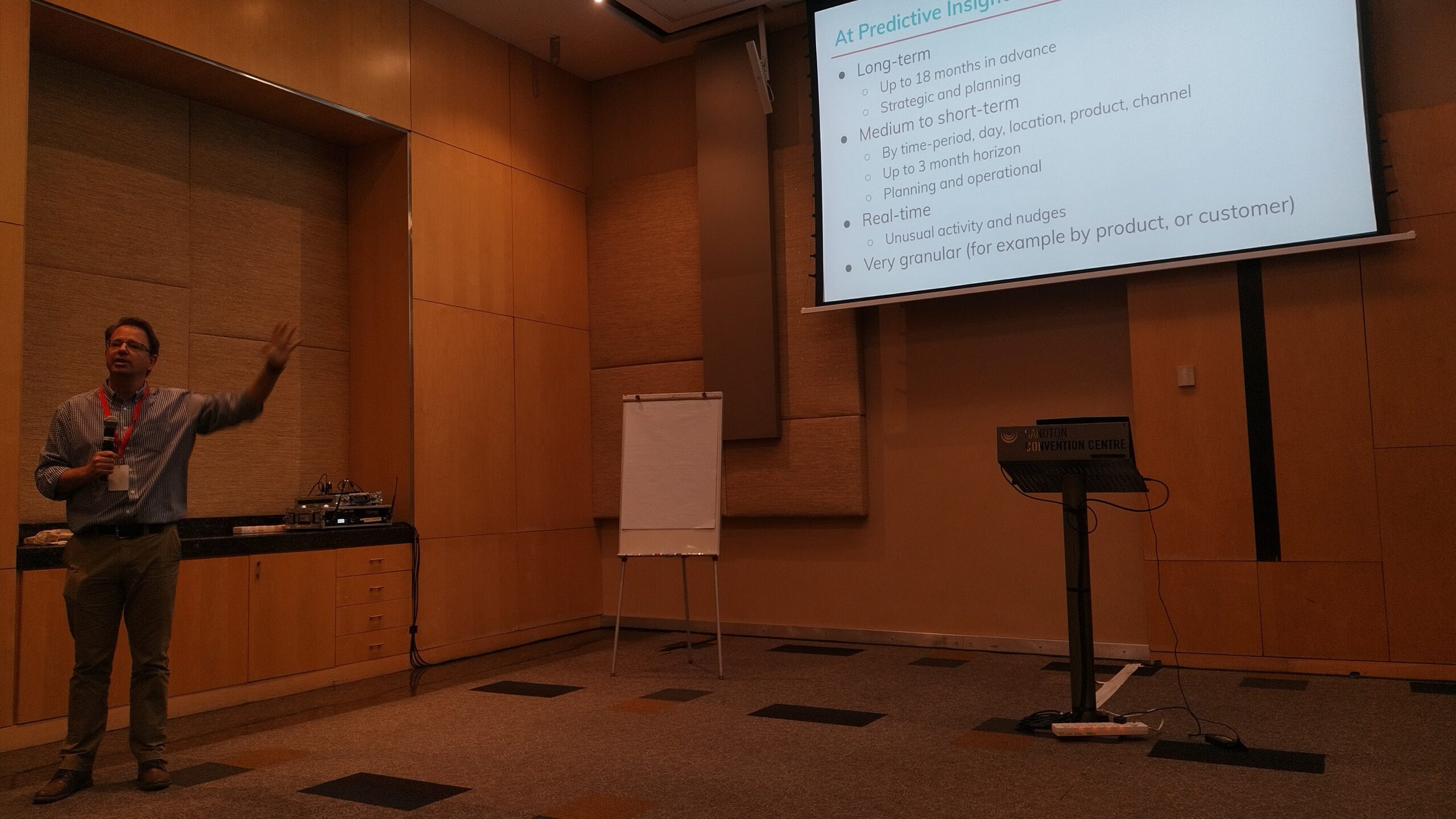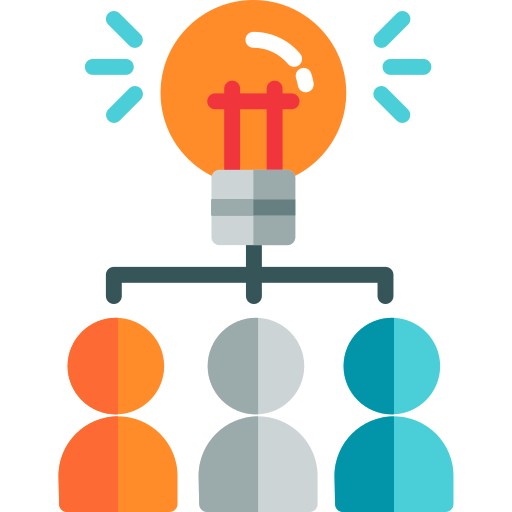AI Expo Africa 2022
Predictive Insights at the AI Expo Africa
The Africa AI Expo 2022 was a two-day exhibition of the continent’s best applications of machine learning and artificial intelligence to business problems; a networking hub for companies with mutual interests; and a space for thought, reflection and planning around the social, economic and legal implications of scaling these technologies.
Upon arrival, we were mesmerized by the echoes of the marimba band playing in the main hall (which would have otherwise been a cacophony of chatter from the techies who filled the room) and a robot dancing to the music! This set the tone for a vibrant, fun-filled Expo, which was as relaxed as it was serious. The many businesses that had set up booths around the hall drew in an audience mostly by offering delicacies like free sweets and drinks — we ran a competition for a LEGO set — while the presentations in the session rooms reminded us of the suit-and-tie nature of the discussions.
Our CEO, Neil Rankin, presented on predicting the future with economics and machine learning — a talk with a great attendance that spearheaded a conversation about our new budget forecasting product which allows us to predict sales up to 18 months into the future.
It became apparent to us that while the value of machine learning and artificial intelligence is widely acknowledged and leveraged in business, techniques traditionally used in economics are rarely considered when they’re geared to do many of the tasks ML and AI may not be able to do on datasets whose size may be little and quality ‘below average’.
Examples of these are regression techniques, which can be as advanced as ML algorithms when applied thoughtfully to a problem, and A/B Testing, which handles the question of causality through experimentation, or the types of ‘quasi-experimental’ techniques for which the 2021 Economics Nobel Prize was awarded.

These methods inform our ability to use a client’s data in conjunction with other sources of data (weather, events, census, holidays etc.) to build models that are robust because they not only consider what’s happening in the company’s internal environment but the overall business landscape as well. This seemed to be a key differentiator of Predictive Insights at the expo.
Some of the interesting trends we observed

A shift to more low-code, client controlled machine learning platforms
Like an app that allows the user to plug their data into a ML tool that automates all the tasks along the data science lifecycle.

Using AI responsibly for the individual and social good
Like using it to advance better mental health and the effects of climate change.

A wider spread of tools that deal with AI at scale in the context of Africa's infrastructure limitations
Like technologies that ‘prune’ neural nets to make them less bulky and therefore less expensive to run on cloud computing platforms.
The conversation on legal frameworks and regulations for AI was also interesting as it provided a necessary ‘checkpoint’ for the innovators in attendance to consider the long-term implications of each new technology invented and each method used.
Overall, we were inspired by the enthusiasm for AI at the conference and got to see, once again, that Africa’s trajectory in the adoption of new technologies is very much on par with the rest of the world.
Interested in demand forecasting?
Find out how we can help your business improve demand planning through the use of machine learning, behavioural insights and real-time data in economy.
Book a consultation